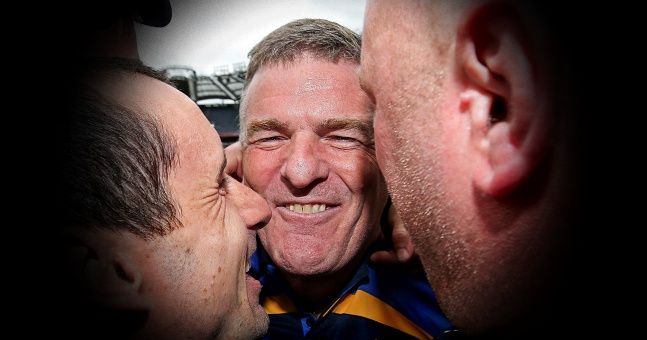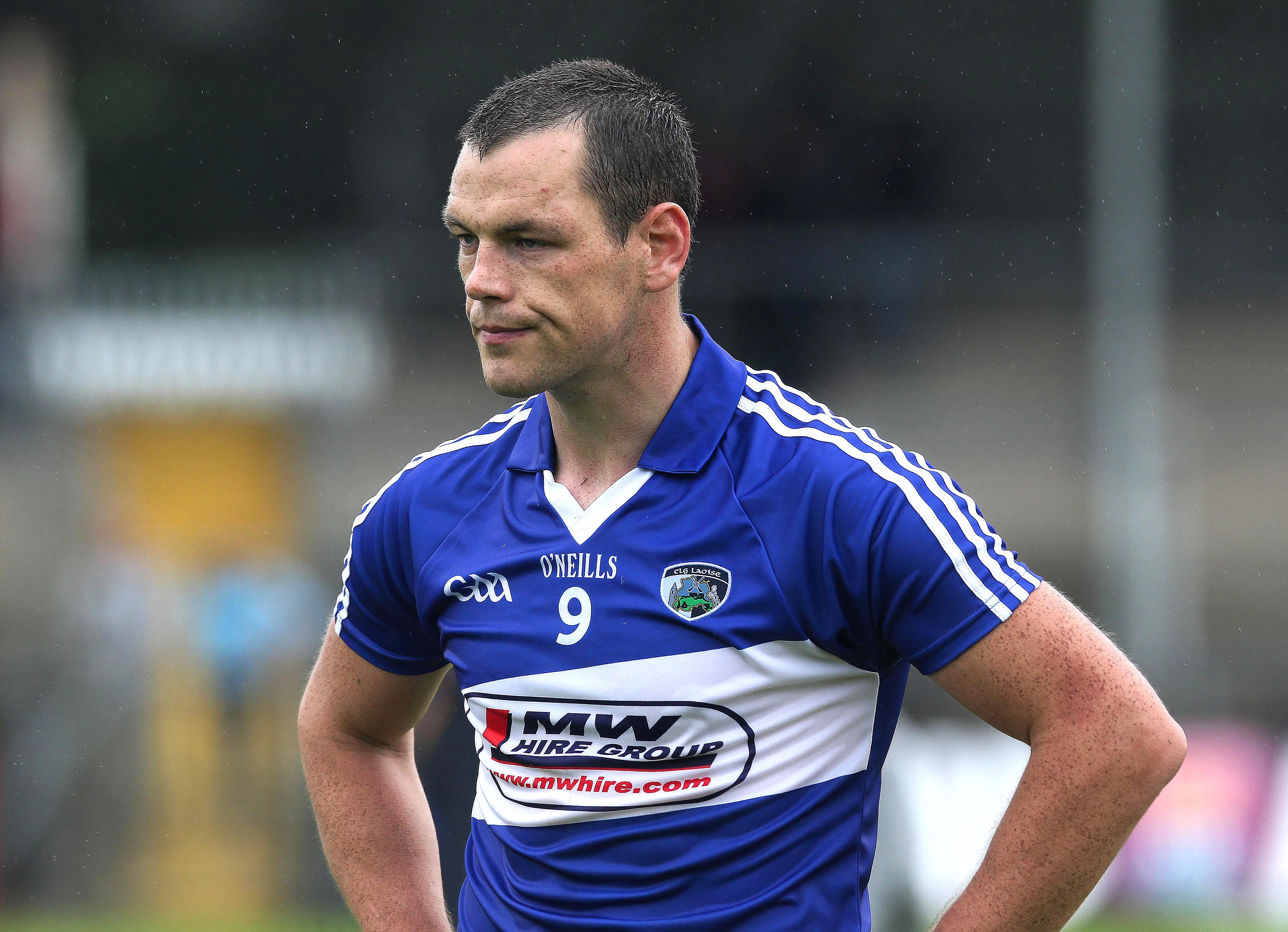What defines a good manager?
They’re hard to come by.
There are some managers who are the life and soul of the dressing room, they get on with their players, they take interest in the personal lives of their players, they treat their players with the respect they deserve. These managers are interested in more than just GAA matters.
They empathise with the difficulties their players are facing through work, travelling, college and others. They develop a cultural bond with their squad, and this creates honesty and a good team morale, which is key to the success of many teams. Managing their team is their primary function, but management doesn’t stop at leaving the training field.
A good manager realises that players have lives outside of the game, they appreciate this and take an interest in their players personal lives.
Liam Kearns, the Tipperary football manager springs to mind.
Some man to belt out a tune https://t.co/R3j2IieYUt
— SportsJOE (@SportsJOEdotie) April 9, 2017
Kearns leads sing-songs with his players, he doesn’t place too much emphasis on drinking bans, he is loved by his players and he loves them too. He is light-hearted, you could imagine Kearns cracking a joke at his own expense, and it’s an approach like this that will endear a manager to his players.
“I would serve more of a partnership approach rather than me telling the players what to do,” said Kearns last year.
He is the type of manager you could imagine has a unique bond with all of his players, he sees eye to eye with them. He gives them freedom on the pitch and a degree of leeway off the pitch too. He’s not a dictator.
Look at the benefits this approach has brought to the Tipperary footballers.
Most GAA players will know what it’s like dealing with a bad manager, as well, however.
These are the managers who show no personal interest in their players, they may organise trainings that don’t suit players, they don’t let players know where they stand, they don’t communicate with their players.
It is far too regular for a GAA player to be afraid of their managers, the manager can be seen as a feared figure in the dressing room and players become afraid to stand up for themselves.
This type of approach creates a bad team-morale, it creates disharmony and player unrest in the dressing room.
John O’Loughlin, the Laois footballer, discussed the breath of fresh air that Peter Creedon has been since his appointment as manager of the Queen’s Counties Senior footballers at the beginning of the year on the GAA Hour podcast.
“He brings a lovely manner, a personable approach where he’s really contactable, no egotistical approach, he’s down to earth you know, and I think that’s the biggest thing. We have to sort of re-pay that and express and what he has brought to us.”
It’s not that difficult, sometimes you just have to act like a real human-being to strike a chord with your players.
Have the craic with your players, share your emotions with them, it’s things like that that can create a team spirit and a bond.
“Yeah, he is (a very good man-manager) ‘What is a good man-manager?’ you know, you get to know the players, you develop a personal element with them. We all like to have people who are interested in us as players and you know, people show that there’s a reflection in performances and the team spirit and all that.”
Many managers around the country could take a leaf out of Creedon and Kearns’s book, and their players will reward them in turn.
Listen to O’Loughlin waxing lyrical about Creedon’s influence here from 27’00”.
















































